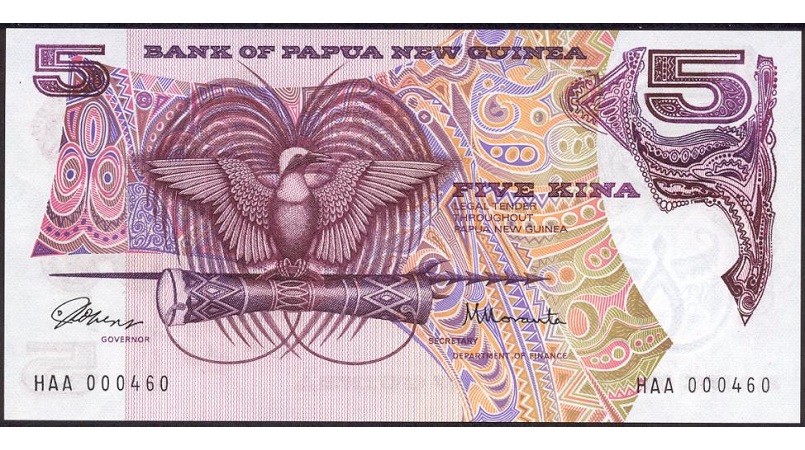
The Government will be extending the dates for changing paper notes to polymer to help people in remote areas who have no access to media advise put out by the Bank of Papua New Guinea.
Prime Minister Peter O’Neill when responding to Deputy Opposition Leader Sam Basil’s questions today in Parliament said he will be asking the Treasurer to extend the dates.
However, O’Neill said the extension will involve risks as large amount of counterfeit paper notes have been circulating and the extension might cause those involved to change the notes.
The Central Bank had issued advertisements in the media advising that all paper banknotes (K2, K5, K10, K20, K50 and K100), which have been in circulation previously are been withdrawn by the Bank of Papua New Guinea in accordance with Section 62 of the Central Banking Act of 2000.
These paper banknotes ceased to be legal tender in Papua New Guinea since 2012.
The paper banknotes have been phased out and replaced by the POLYMER (plastic) substrate.
However, despite the withdrawal of paper banknotes in 2012, the Bank of PNG has allowed the public who are holding onto paper banknotes to return them only to the Bank of PNG and not commercial banks during 2013/2014.
The public is therefore advised that effective from December 31, 2014 the Bank of PNG will not accept any more paper banknotes in exchange for Polymer banknotes.
Basil said most rural people are still using paper notes because they were not being informed about the change because of their remotest location.
